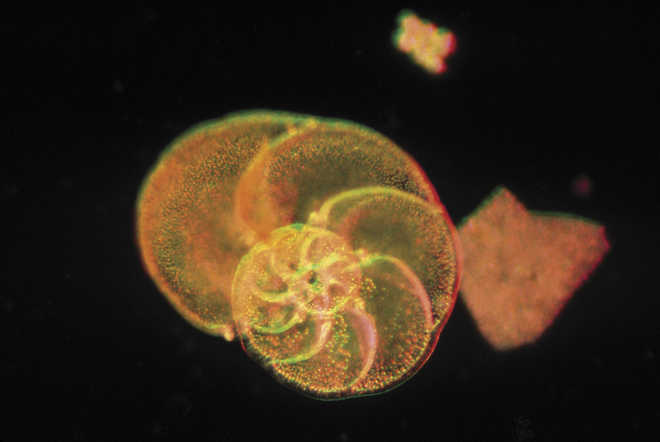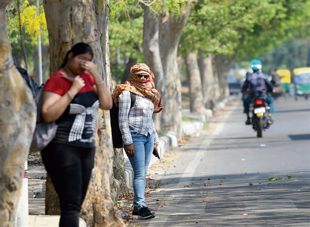
For representation only. Photo Source: Thinkstock
London
An analysis of microscopic aquatic creatures called planktonic foraminifera, whose fossil remains now resemble miniaturised popcorn, has provided the first statistical evidence that the number of species that can exist on the Earth depends on how the environment changes.
"While the idea of infinite species on a finite Earth is clearly fanciful, the relevance of upper limits to diversity is still a fractious debate amongst evolutionary biologists, ecologists and palaeontologists," said study lead author Thomas Ezard from the University of Southampton.
"We are the first to show statistically that this upper limit is environmentally dependent. It's intuitive that a changing environment alters how many species we see — the spatial gradient of more species in the tropics than at the poles is pervasive evidence for its large-scale impact," Ezard added.
While previous research typically focused individually on either biological, climate change or geological explanations, this new study — published recently in the journal Ecology Letters — examined the co-dependence of these factors on how species interact.
Looking at the fossil history of 210 evolutionary species of macroperforate planktonic foraminifera in the Cenozoic Era from 65 million years ago to the present, the researchers found that the number of species was almost certainly controlled by competition among themselves and probably kept within a finite upper limit.
"We used mathematical models to reveal how environmental changes influence both the rate of diversification among species and how many species can co-exist at once. Our results suggest that the world is full of species, but that the precise fullness varies through time as environmental changes alter the outcome of competition among species," Ezard said. — IANS



























